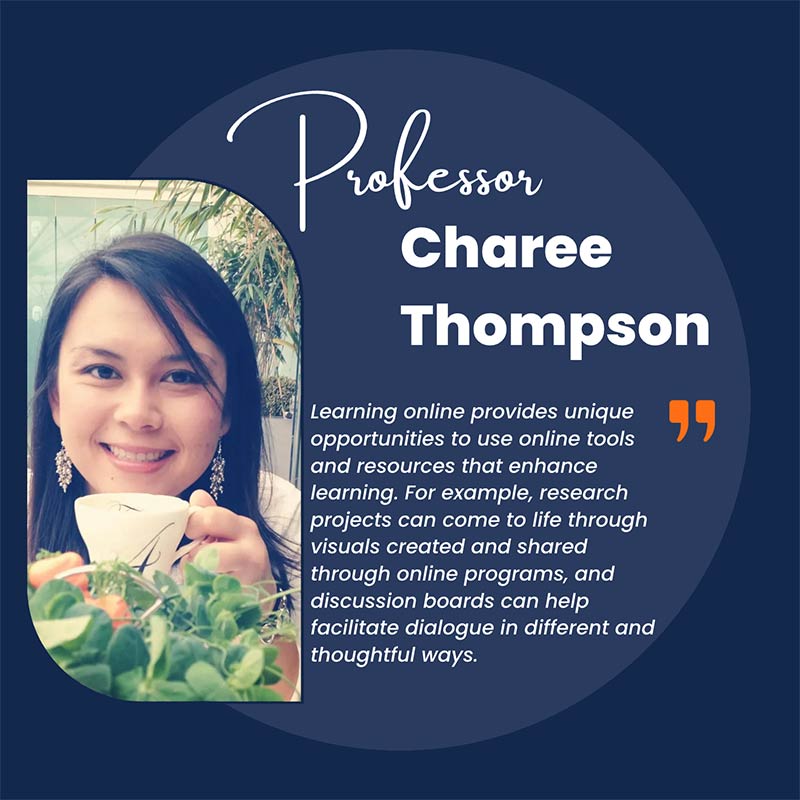PEOPLE
Our faculty members are leaders in the field of health communication.
We are engaged in cutting-edge research and have been funded by and reviewed grants for the National Institutes of Health (NIH), including the National Institute of Mental Health, the National Institute of Nursing Research and the National Cancer Institute, as well as the Centers for Disease Control and Prevention (CDC), William T. Grant Foundation, National Science Foundation (NSF), among others.
Why do HCOM students love their professors?
Why do HCOM students love
their professors?
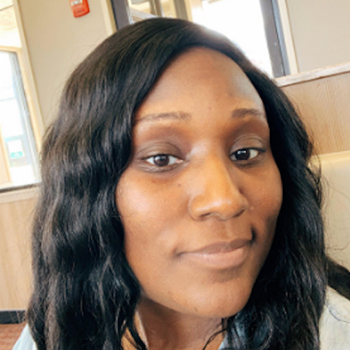
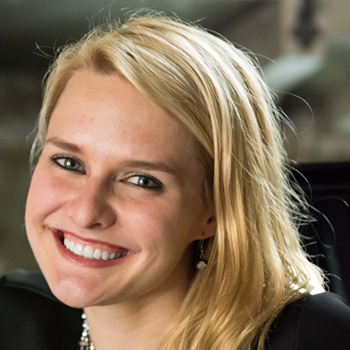
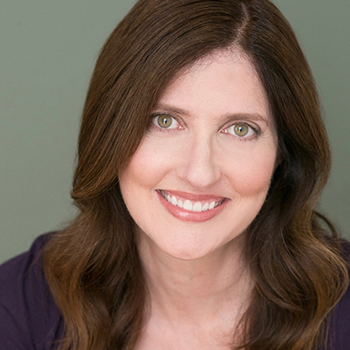

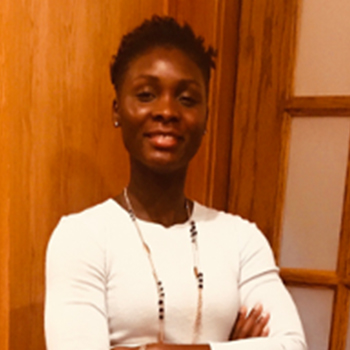
Click here to read more questions & answers.
Click here to read more questions & answers.
Teaching Faculty
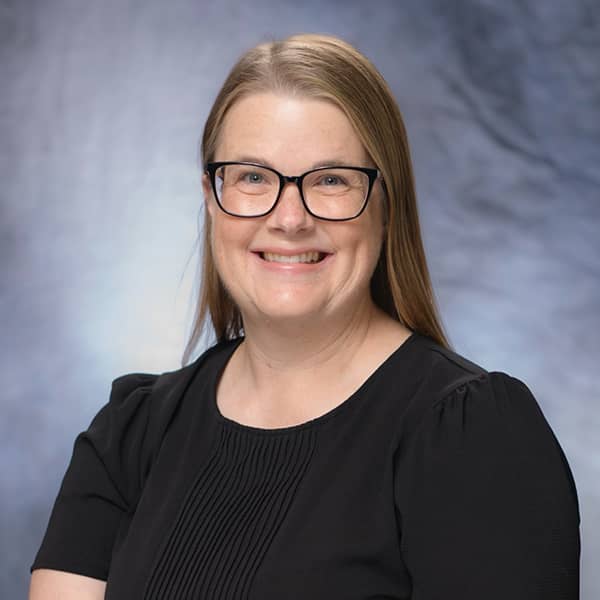
Jennifer Jones Barbour
Jennifer Jones Barbour
Leadership and Teams
Jennifer Jones Barbour is a Teaching Associate Professor and the Director of Undergraduate Studies in the Department of Communication. Dr. Jones Barbour teaches courses on communication, leadership, and teams.
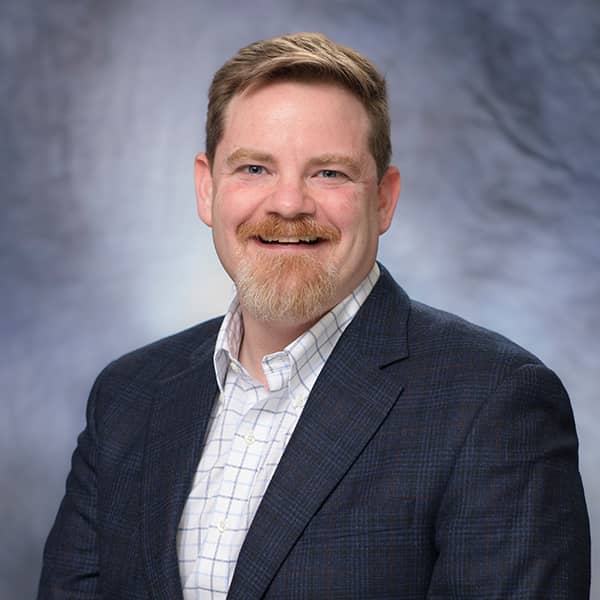
Joshua Barbour, Ph.D.
Joshua Barbour, Ph.D.
Organizational Communication and Technology
Joshua Barbour studies practitioners’ strategic efforts to communicate more effectively. He studies communication design, the choices we make about messages, communication tools, formats, and systems of interaction, and the institutional moorings of communication and organizing. Put another way, he treats organizational communication as “macromorphic,” meaning that communication success depends on the creativity with which we can recast communicative situations, negotiate competing ideals for practice, and navigate contradictory frameworks for action.
Prior to UIUC, Dr. Barbour held positions at the University of Texas at Austin and Texas A&M University. His current research focuses on technology change in healthcare organizing, and he directs the Automation Policy Research Organizing Network or APRON Lab.
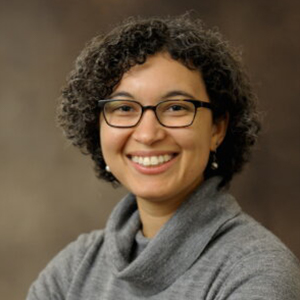
Cabral Bigman-Galimore, Ph.D.
Cabral Bigman-Galimore, Ph.D.
Health, Risk, and Inequality Communication
Cabral Bigman’s research focuses on communication about health, risk, and inequality. She is particularly interested in the influence that messages about comparative risk and inequality have on health and communication-related behavior.
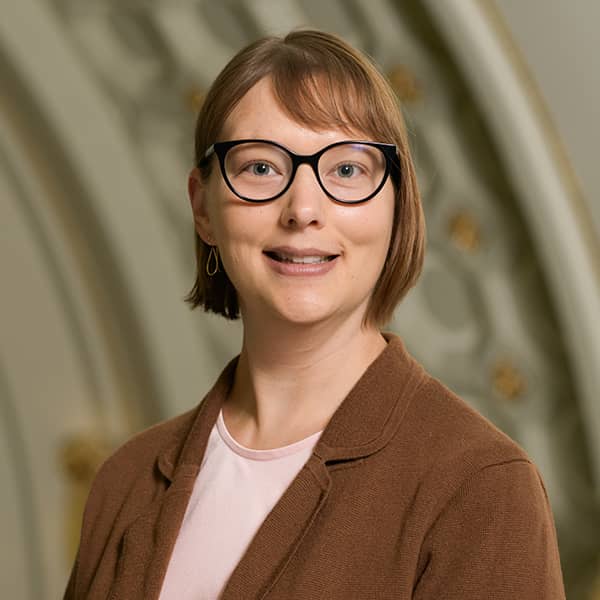
Elisabeth Bigsby, Ph.D.
Elisabeth Bigsby, Ph.D.
eHealth
Elisabeth Bigsby is Associate Professor in the Department of Communication at the University of Illinois. She studies persuasive health and environmental messages, such as public health campaigns, with a particular interest in how message features influence how people perceive and process those messages. Her overall goal is to understand why messages succeed or fail and thus contribute to best practices in designing persuasive messages. Dr. Bigsby uses quantitative methods in her research, with an expertise in experiments, online experiments, and online surveys.

Louise Clark, Ph.D.
Louise Clark, Ph.D.
medical education
Healthcare professions educator and researcher.
Previous positions include Assistant Professor of Medical Education and Assistant Dean of Clinical Skills Education & Innovation at the TCU & UNTHSC School of Medicine and Assistant Professor of Medicine and Deputy Director of Clinical Simulation at Uniformed Services University of the Health Sciences (USUHS).
Research and teaching: clinical communication skills in health care trainee education, compassionate communication in health-related organizations, and healthcare simulation education methodology. A recent research project examines an interprofessional simulation event designed to educate undergraduate medical and graduate nursing students on how to effectively assess and treat patients who have experienced military sexual assault. Her health communication scholarship is published in Health Communication, Communication Monographs, and Simulation in Healthcare. Additionally, she co-edited/authored a forthcoming book being published in Springer’s Comprehensive Healthcare Simulation Series – Implementing Best Practices of Standardized Patient Methodology.
Administrative: At TCU & UNTHSC, Dr. Clark created the human simulation (SP) program, opened related simulation facilities (e.g. mock clinic), recruited and trained the operations staff, and contributed to clinical skills and communication skills curriculum development. At USUHS, Dr. Clark oversaw a team of six full-time Clinical Educators who managed more than 300 simulation events annually (e.g., 75,000 learner contact hours) utilizing high fidelity manikins and standardized patient actors that role play with healthcare trainees in the United States Military. Currently, she provides consultative services including developing communication skills curriculum, coaching healthcare trainees and providers in clinical communication skills, and conducting related research for several healthcare organizations.
Representative partners include(ed): The Academy of Integrative Pain Management, Walter Reed National Military Medical Center, University of Vermont College of Medicine, University of Central Florida College of Medicine, and the University of Illinois College of Medicine – Chicago.
Dr. Clark holds a PhD in Human Communication with emphases in Health and Organizational Communication from Arizona State University.
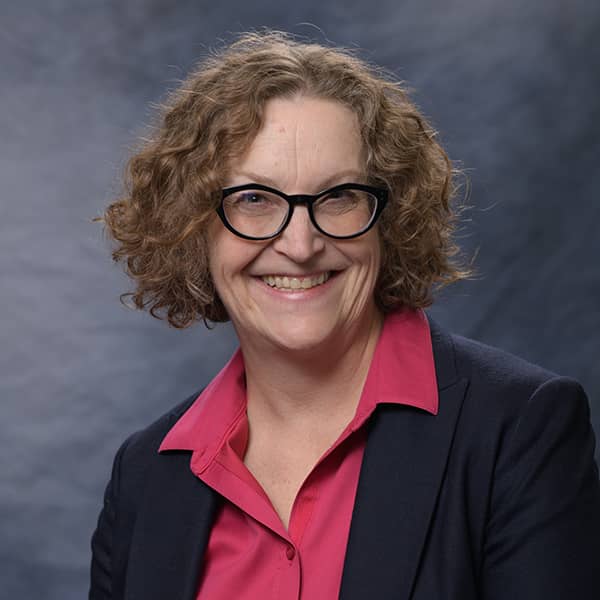
Cara Finnegan, Ph.D.
Cara Finnegan, Ph.D.
Visual Health Communication
Cara Finnegan is Professor in the Department of Communication at the University of Illinois. She studies how visual images communicate in the public sphere, with a special emphasis on political imagery and the history of photography. She is the author of three books, including Picturing Poverty: Print Culture and FSA Photographs (Smithsonian Press, 2003) and Photographic Presidents: Making History from Daguerreotype to Digital (University of Illinois Press, 2021). Her research and teaching uses qualitative and humanistic methods to explore visual communication about topics such as poverty, health, war, politics, labor, gender, race, class, and the environment.
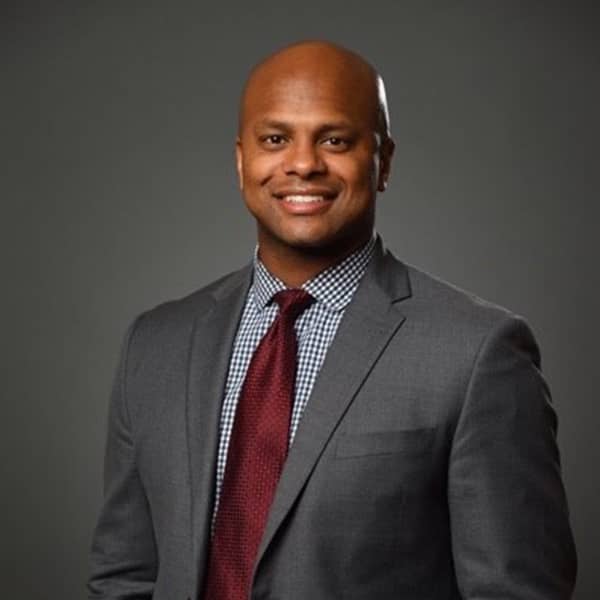
Stephon H. Fuqua, Ph.D.
Stephon H. Fuqua, Ph.D.
Health Education
Stephon H. Fuqua, Ph.D. is the Associate Athletic Director for Academic Services and Student-Athlete Development at the University of Illinois Urbana-Champaign. He brings over 15 years of experience in higher education, specializing in student success, academic readiness, and leadership development for diverse student populations. Dr. Fuqua holds a Ph.D. in Health Education from the University of Cincinnati and teaches courses in public health and health communication, including Contemporary Health and Public Health Research Methods. His research and professional interests center on equity in education, student-athlete wellness, and culturally responsive academic support. He is a published scholar and national presenter on topics related to student development, mental health, and systemic change in collegiate athletics.

Lisa Guntzviller, Ph.D.
Lisa Guntzviller, Ph.D.
health literacy
Lisa Guntzviller is an assistant professor in the Department of Communication at the University of Illinois, Urbana-Champaign. Dr. Guntzviller has broad interests in interpersonal, family, and health communication, mainly with underserved populations (e.g., low-income, minority). Her research focuses on language brokering: when bilingual (English- and Spanish-speaking) children/adolescents linguistically and culturally mediate for their primarily Spanish-speaking mothers. She also studies social support processes, particularly in the context of giving advice, such as parent-to-child advice on health issues. Additionally, she has also published on patient-provider communication when the patient has communication difficulties (e.g., low English proficiency, low health literacy). Her research has often utilizes dyadic data and employs a multiple goals framework.

Leanne Knobloch, Ph.D.
Leanne Knobloch, Ph.D.
conflict management
Professor of Communication at the University of Illinois at Urbana-Champaign. Research and teaching interests: relational uncertainty, interpersonal relationships and mental health. Professor Knobloch is engaged in cross-disciplinary research investigating the role of relational stability or uncertainty on outcomes such as depression.
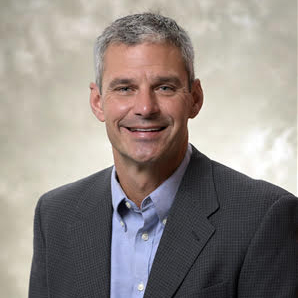
Brian Quick, Ph.D.
Brian Quick, Ph.D.
health marketing
Professor and Director of the Health Communication Online M.S. and Graduate Certificate Programs. Professor Quick is passionate about the power of communication to inspire positive societal change within the context of sports and public health. His research and teaching explore how social marketing can drive health promotion, prevent injuries, protect the environment, and community engagement. In addition to his work in the College of Media, he holds a joint appointment in the Carle Illinois College of Medicine and proudly serves as the Faculty Athletics Representative for the Big Ten Conference and Illini Athletics.
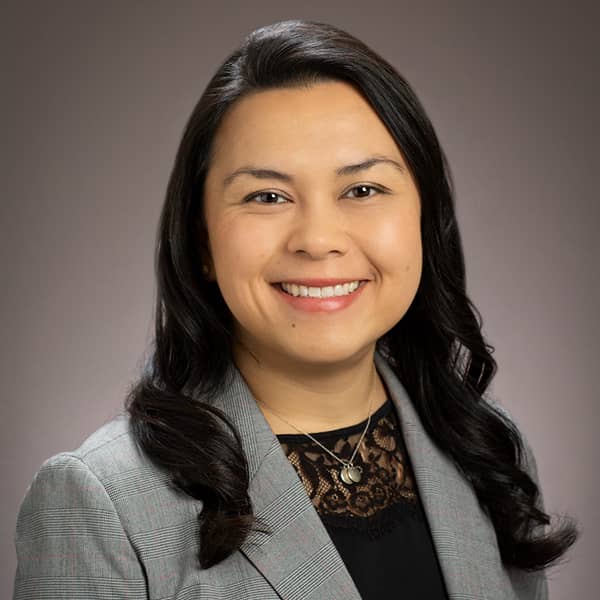
Charee M. Thompson, Ph.D.
Charee M. Thompson, Ph.D.
Chronic Illness, Patient-Provider Communication
I study how communication affects the ways patients, families, and providers navigate the uncertainties surrounding chronic, non-visible, and stigmatized health conditions. My work examines how relationships influence coping and care, and develops communication trainings that help health care providers and support networks respond more effectively to patients’ needs in these contexts.

Lauren Weiner, Ph.D.
Lauren Weiner, Ph.D.
families and health
Program Coordinator and Academic Advisor for the HCOM program. Dr. Weiner’s role includes designing and teaching courses, advising current and prospective students, providing professional mentoring for students and overseeing several administrative tasks within the program. Research and teaching interests: health and family communication, family communication and conflict, family communication about genetic risks, and developmental care in NICU families.
Faculty Spotlight
Professor Charee Thompson, Ph.D., University of Texas at Austin
What made you decide to become a professor?
Graduate school! I realized then that I could combine my love of learning with the importance of learning with and from others.
What course(s) do you teach in the program?
I teach Stigma in Healthcare, Research Methods 1 and Research Methods 2.
How is the experience of learning online different to that of learning in a traditional classroom?
Learning online provides unique opportunities to use online tools and resources that enhance learning. For example, research projects can come to life through visuals created and shared through online programs, and discussion boards can help facilitate dialogue in different and thoughtful ways. Online learning also increases access for many and has recently been helping us navigate pandemic times.
Why do you recommend pursuing a Master’s degree in Health Communication? And, why this particular program?
Often, students feel that they’ve just gotten a sampling of health communication once they finish a bachelor’s degree, so a master’s degree provides the space to dive a little deeper into topics of interest and to hone critical communication skills. Our program is simply top-notch! We have such a breadth and depth of expertise in health communication, and we are committed to providing a quality learning experience.
What research projects are you currently working on?
I’m currently working on the following projects: COVID-19 “Long-haulers” and crowd-sourced medicine; how patients and providers communicate during pain consultations; how people navigate health-related financial uncertainty; and how people accept and deny illness in their relationships.
Our Students and Alums
Wonder what it’s like to be in the HCOM program? Here’s what our students and alums say about the HCOM experience:






